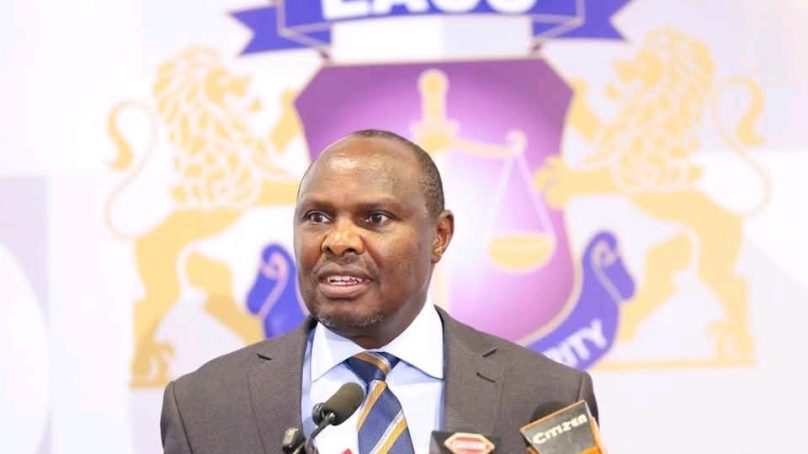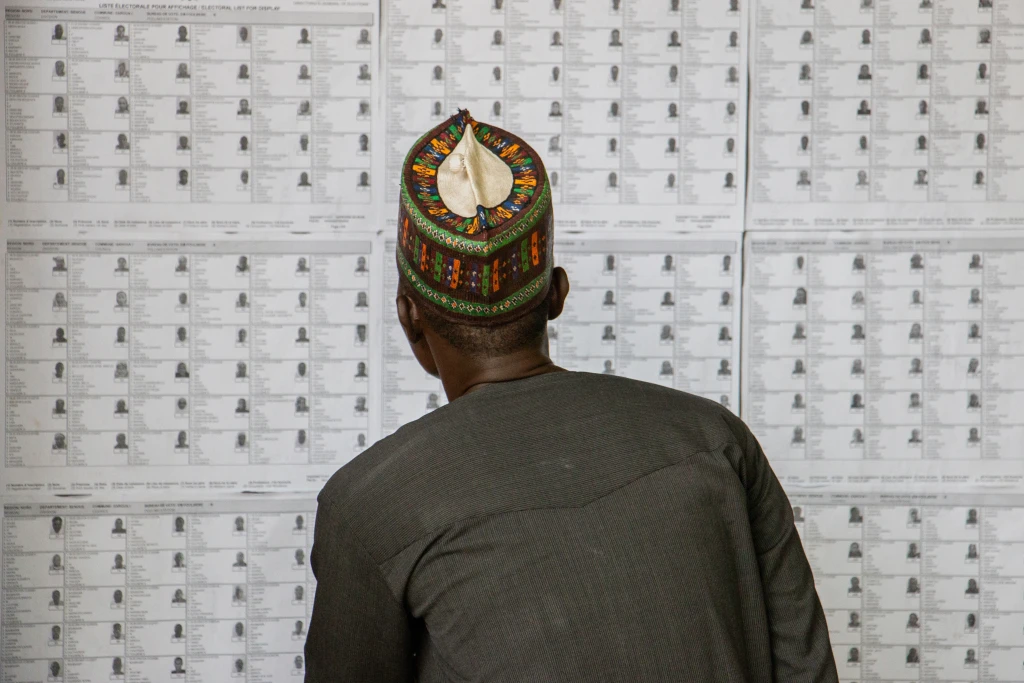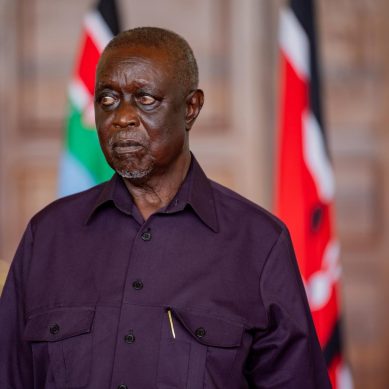
Kenya is grappling with fake academic certificate crisis. Allegations of fake certificate in public service cascade from president’s office to the junior cadre in the civil service.
Since the promulgation of the current constitution in 2010, Kenya has been experiencing something akin to a rat race for degrees as virtually all the constitutional offices require degree level education. The demand ushered in a trend where candidates for positions that required degrees bought certificates from backstreet printers.
A huge number of Kenyan lawmakers, for instance, has fake university degrees.
Consequently the government on Wednesday the government warned over the growing forgery of academic and professional certificates, terming it a national emergency that threatens the credibility of the education system and the integrity of public service.
A number of countries led by Nigeria have raised the red over the quality of university education in Kenya even as the government promotes expatriate jobs overseas.
Speaking during the 2025 Ethics and Integrity Conference in Nairobi, Head of Public Service Felix Koskei said the vice is a serious threat to institutional integrity and national development.
“Appointments and promotions must espouse fair competition and merit, yet we are witnessing falsified certificates across sectors, from national and county governments to parastatals and independent offices,” Koskei said.
Koskei cited a recent directive by the Public Service Commission requiring all public officers to have their academic and professional credentials verified, which has revealed widespread fraud further cautioning that the implications of fake credentials go beyond domestic governance.
He warned that such misconduct could undermine the country’s labour export programmes. “We risk national embarrassment if unqualified individuals are exported abroad only for their incompetence to be exposed. This undermines efforts to address youth unemployment, especially when we have many genuinely skilled graduates,” he said.
Koskei announced that a circular had been issued to all public entities to enforce strict adherence to recruitment guidelines, adding that heads of institutions who recruit unqualified individuals would be held personally accountable.
Koskei also revealed that a multi-agency taskforce had been established, which brings together the Office of the Director of Public Prosecutions (ODPP), the Ethics and Anti-Corruption Commission (EACC), the Directorate of Criminal Investigations (DCI), the Kenya National Examinations Council (KNEC) and the Kenya National Qualifications Authority (KNQA) to address the crisis.
EACC Chair David Oginde echoed Koskei’s sentiments, describing the crisis as systemic and likening it to a pandemic. “This issue is no longer isolated. It’s systemic. We are seeing falsified documents even at the PhD level – people submitting dissertations downloaded from the internet,” said Dr Oginde.
Oginde decried the “normalisation” of academic dishonesty, pointing out that law enforcement agencies now have to invigilate even primary school examinations.
“We now have to deploy security forces to invigilate primary school exams – something unimaginable in the past,” Oginde said.
Dr Oginde further warned that Kenya’s reputation as a global academic leader was at stake. “Let us be ruthless with those who have taken shortcuts. We must restore our nation’s integrity,” he urged.
EACC Chief Executive Officer Abdi Mohamud revealed that the commission has received 549 reports of certificate forgery since 2022. “So far, 85 cases have been forwarded to the Director of Public Prosecutions and 20 have been concluded in court, resulting in 13 convictions,” he said.
Mohamud emphasised that law enforcement efforts must be accompanied by a multi-sectoral strategy to contain the vice because if not curbed, this menace has the potential to discredit the integrity of Kenyan certificates and reduce competitiveness in the job market.
Mohamud further noted that EACC is actively recovering salaries and benefits fraudulently earned by individuals who secured employment using forged documents, citing that the Constitution envisions meritocracy as the basis of public appointments; hence, institutions must uphold integrity in recruitment processes.
Public Service Commission Chairperson Anthony Muchiri revealed that a recent verification exercise uncovered over 2,500 forged certificates out of 3,000 examined. Muchiri directed the verification of all public servants’ academic and professional credentials regardless of rank or position.
“We must go back to our roots. Restoring integrity to Kenya’s education and public service systems is not just a legal obligation, but a moral and cultural imperative,” said Muchiri.
- A Tell Media / KNA report / By Naif Rashid and Fride Amiani
Chief of Staff and Head of Public Service, Felix Koskei, Speaking during the Ethics and Integrity at the Nairobi Hotel, Wednesday, May 21st 2025.







